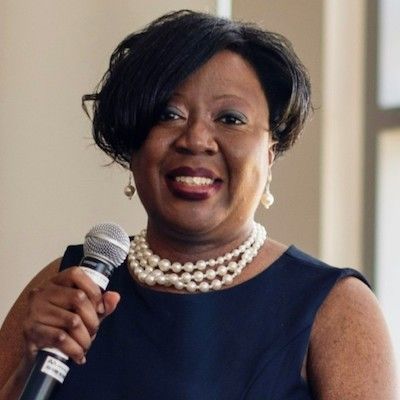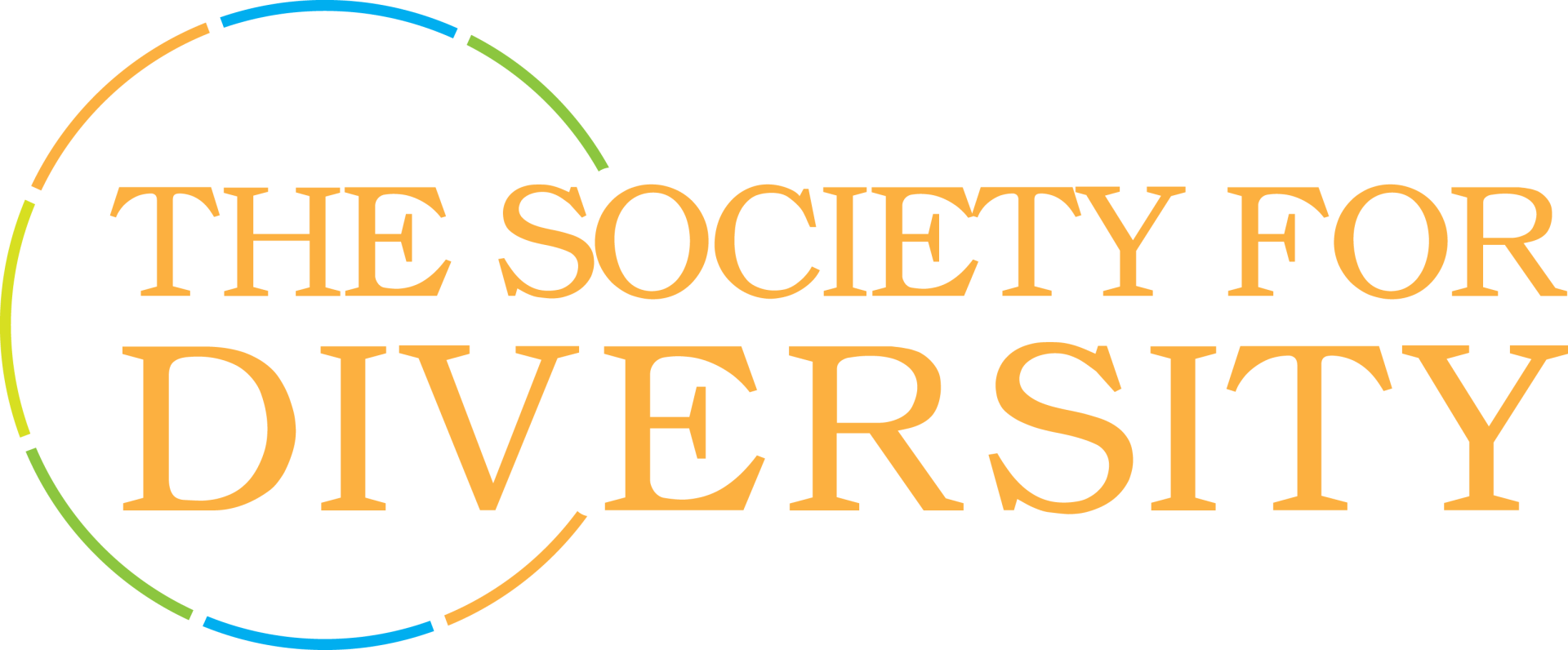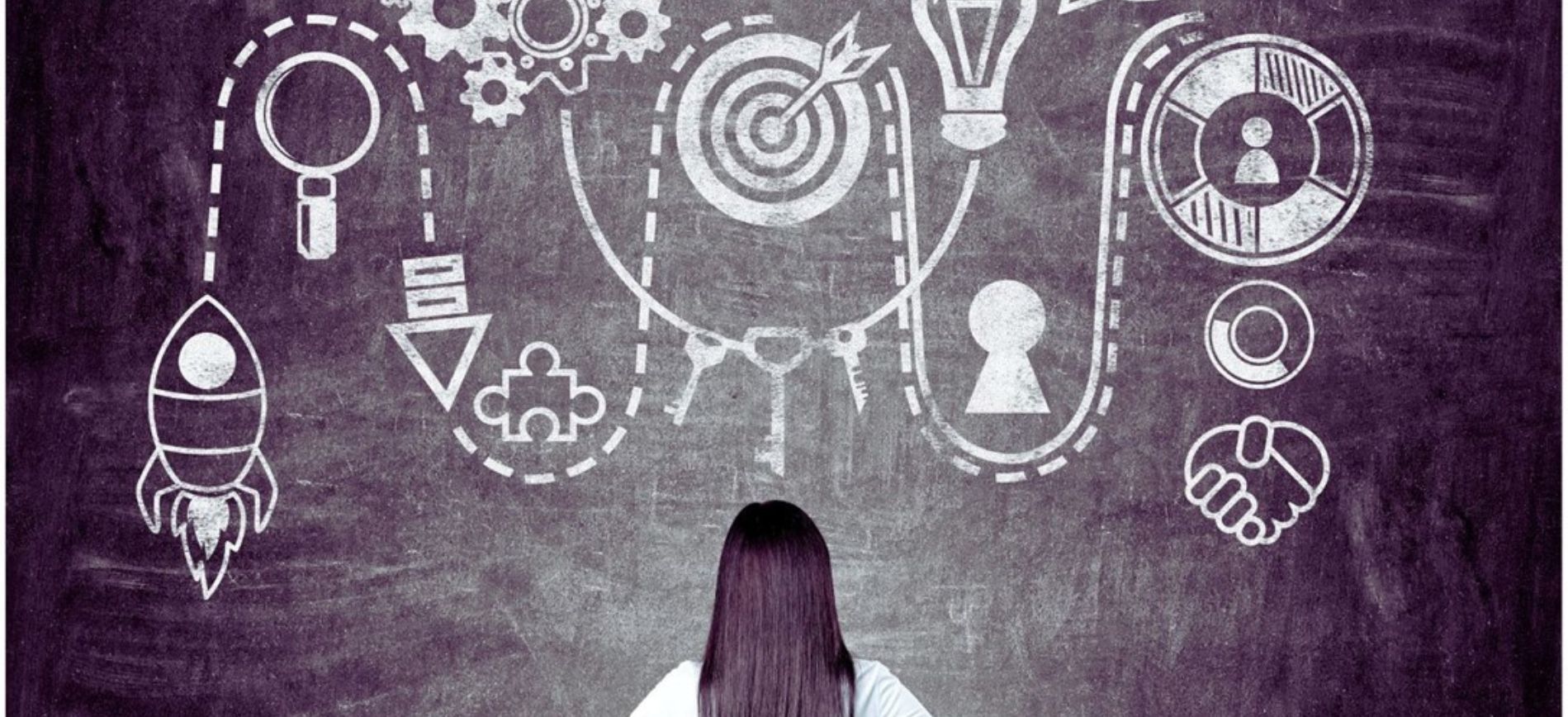Leah Smiley, CDE®, is the President of The Society for Diversity and its subsidiary, Institute for Diversity Certification (IDC)®. For more information about our membership options, visit www.societyfordiversity.org or to learn about our DEI certification, visit www.diversitycertification.org.
DEI "Woke" up the Boogeyman
Yesterday, #WOKE was trending on X (formerly known as Twitter). Many of the tweets were very funny, but others were misguided. Therefore, it's important to distinguish between Woke and DEI, as there are some people who are intentionally attempting to conflate the two concepts.
- Woke is a fairly new conservative term that was co-opted from the Black community and weaponized against so-called "corporate and government do-gooders". It is a derogative term utilized to shame executives and employers who use their influence to positively impact society. Anti-woke efforts have replaced CRT (or Critical Race Theory) as the boogey man.
- Diversity is a derivative of Diversification, which was coined in 1952 by Nobel Prize winner Harry Markowitz, one of the grandfathers of modern portfolio theory. A Diversification strategy is one of the four main strategies for growth identified by Igor Ansoff in 1957, which enables companies to look at other markets they could tap into, or new products they could launch to increase their reach and revenue (hence, the Business Case for Diversity). Nevertheless, Diversity by association, softens the drive for profitability by incorporating concepts such as fairness, conscious inclusion, empathy, equity, accessibility, and safety. In not-for-profit sectors, Diversity empowers the organization to fulfill its mission.
- Since the 1960's, Diversity has had roots in the U.S. Civil Rights movement and Equal Employment legislation, although the formal practice did not evolve globally until the 1980's. Today, additional letters have been added to reflect any combination of Diversity (D), Equity (E), Inclusion (I), Belonging (B), Justice (J), and Access (A). Diversity brings the diversification model to life as organizations apply the heterogeneous strategy to employees and customers/patients/students/stakeholders in an effort to prepare for the future workforce and marketplace.
DEI is a global concept, and although some may erroneously lead you to believe that Diversity can go away, these individuals are inevitably causing organizations to be ill-prepared for a competitive future that is volatile, uncertain, complex, and ambiguous (VUCA). Additionally, while they can personally capitalize on a divisive concept such as "Woke", it may not be beneficial for your organization to ditch the ideas of belonging, collaboration, culture change, engagement, and equity, just yet...
It may be more helpful to understand that Diversity is and will continue to be valuable today, tomorrow, and in the next generation. Therefore, instead of fearing backlash to woke, here's what to do instead:
- Don't run from Diversity. There are no other words to indicate representation, heterogeneity, distinctiveness, or the value in differences. Diversity is your strength.
- Don't abandon your role as a leader. Leadership is an awesome responsibility. For the last few years, polls have shown that corporate executives were more trusted than politicians. Yet, instead of emulating business leaders, some politicians would rather turn people against their employers. In the midst of the chaos, organizations lose credibility and consumer confidence.
- Don't miss out on opportunities for growth, ideation, high-performance, and collaboration. A 2020 Citigroup study asserted that racism cost $16 trillion dollars. Imagine a $16 trillion cash infusion into the economy, or perhaps a portion of that amount hitting your bottom line. Moody Analytics estimated that the global cost of gender inequality was $7 trillion...imagine a piece of that pie! Each diverse demographic offers some low-hanging fruit (or opportunities) that can sustain your operations well into the future. Why fret about the future if the answer lies in optimizing new and existing staff, as well as their ideas and capabilities?
- Some say: "Go Woke, Go Broke" but I like the hip-hop group Public Enemy's saying better: "Don't Believe the Hype". You may have to adjust or reset your DEI efforts, and that's OK. What's important is that you achieve greater success, higher performance, and intentional outcomes.
About Leah

Disclaimer: Content on this blog is authored by multiple sources. While we do make every attempt to proofread and fact-check, unless authored our staff, the views expressed do not necessarily reflect those of The Society for Diversity and the Institute for Diversity Certification.






